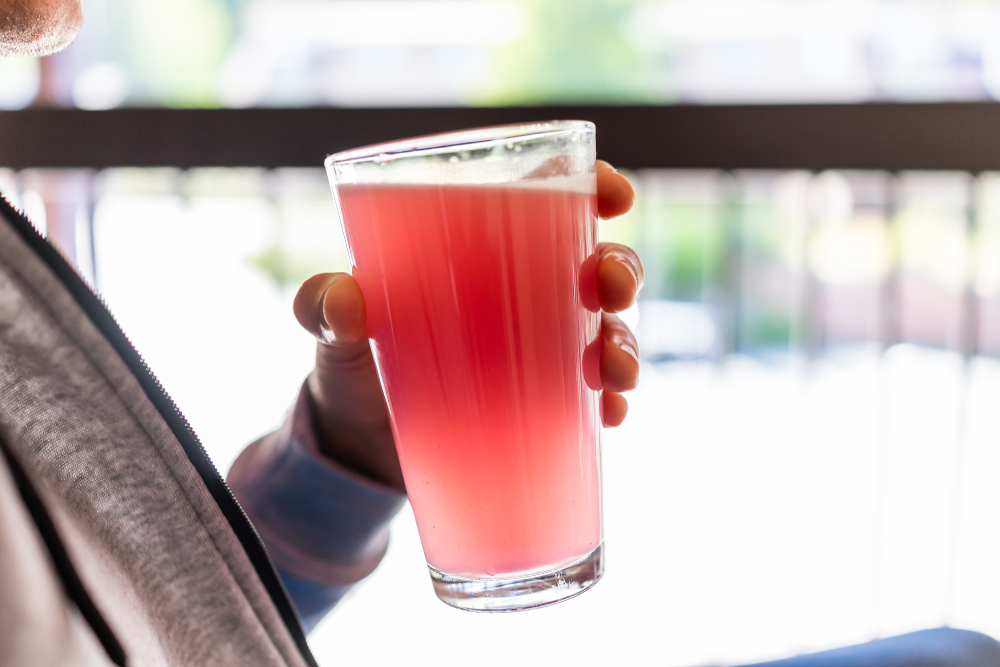It’s hard to believe that it was only a year ago that CoinDesk broke the story that kicked off the investigation into Sam Bankman-Fried, FTX, and Alameda Research. Since then, we’ve heard about SBF’s $35 million Bahamas penthouse, the supposedly polyamorous executive team, SBF’s haircut, and his Adderall prescription. His fellow executives pretty much tripped over themselves to plead guilty and cooperate against him.
On November 5, 2023, a jury found SBF guilty on all seven counts. After a month-long trial, it took the jury just a few hours to reach a verdict.
Since SBF was detained pending trial, he returned to the notoriously awful Metropolitan Detention Center right after the verdict. According to news reports, he “looked sunken. . . he stood, head bowed and shaking as his lawyer spoke in his ear.”
I watched with interest the very short statement given by his lawyers outside the courthouse. It was dark already, since the jury had returned its verdict around 8 pm. At a bank of microphones, his lead lawyer managed to say, “We respect the jury’s decision. But we are very disappointed with the result,” said lead defense attorney Mark Cohen in a statement. “Mr. Bankman Fried maintains his innocence and will continue to vigorously fight the charges against him.”
Oh man, I’ve been there.
I haven’t represented as high profile a client as SBF, but I’ve felt just like those defense lawyers looked—exhausted, crushed, and defeated after a guilty verdict. I’m always impressed when defense lawyers manage to give a public statement at all.
I’ve seen the commentary about how SBF was certain to be found guilty. His cross examination sounded brutal. In my view, no matter how he good he was on the stand, there were simply too many insiders cooperating with the government to salvage a defense. To be clear, I don’t think SBF had much of a choice but to challenge the charges against him. The government refused to offer a plea deal. SBF had two paths: a straight plea to the charges (which, given the loss amount here, was a certain life sentence) or going to trial.
Given that choice, he had to go to trial. His lawyers had to do the best they could with the evidence, perhaps hoping that the trial evidence may soften the judge’s view of their client along the way. Sometimes, a trial in relatively hopeless circumstances is called a “slow plea.” You know how it’s going to turn out but you keep fighting along the way.
If his lawyers pretty much knew what was going to happen, why did they look a bit shell-shocked after the verdict?
Here’s the thing: as a defense lawyer, you have to drink the Kool-Aid. You have to believe in your defense during trial—or you are sunk. There are a couple of reasons why.
First, jurors are people. They may not know the law, but they can tell if you are faking it. Lawyers build credibility in a lot of ways, but one key method is by believing in your case and your client. If you can’t manage to believe in your side of the story, neither will anyone else.
Second, preparing for trial is an intensely exhausting effort. You need to believe that there is some hope of winning the case to put in 12-, 14-, 16-hour days during the weeks or months leading up to trial and during trial itself. I’m sure there’s some psychological theory at play here. For me, it’s about being a zealous advocate. My client needs me to work hard, and if I believe that there is no hope of an acquittal, then I simply cannot do the work I need to do.
Third, and on the most practical level, you never know what is going to happen during trial. You may learn mid-trial that the government withheld Brady material, leading to a mistrial. The prosecutor may overstep and lose a juror or two, leading to a hung jury. The judge may commit legal error in a ruling during trial, giving you an issue for reversal of the conviction on appeal.
Maybe the government was unwilling to offer a favorable plea deal before trial, but this position could change the second time around. You simply cannot give up. You have to keep filing motions (even if you lose most of them) and making arguments to the judge (even if you lose most of them, too). That’s what being a defense lawyer is all about.
Because you just never know.
Kudos to SBF’s lawyers for fighting the good fight.

